The best cheap website builders enable you to build a website without spending too much money, which might be news to many. Most of the best website builders, in fact, will rarely require you to spend much money when building a website, and those that we consider the best cheap website builders are the least expensive.
Via drag-and-drop editors, and at a fraction of the expense of using web developers to do it for you, the best cheap website builders allow users of all experience levels to create high-quality sites without breaking the bank.
With many of the leading platforms offering some of the best deals, it’s worth noting that if you’re not sure this is the right approach, many of the top platforms on the market have been used to build major sites for global businesses. This shows that across a wide range of packages, there are cost-effective plans for budget-conscious, smaller businesses. You can create a professional site for less than you think.
Below, we analyze and review the best cheap website builders available, considering each based not only on performance but on key elements and tools included that allow anyone, regardless of budget, to craft a top website.
The 3 best cheap website builders right now
What are the best cheap website builders?
Wix is the best cheap website builder available, in our opinion, thanks to its high-quality range of site creation options, its industry-leading array of stunning templates, and its exceptional free plan, which provides access to the full builder in order for you to try it out completely before you upgrade.
Beyond Wix, GoDaddy and Weebly are highly regarded for their low-priced, feature and tool-rich website builder plans, with both offering easy-to-use editors for simple and cheap site creation. Relative newcomer Zoho Sites is a worthy challenger, while WordPress offers something a little different via its CMS, but at competitive prices or even for free.
We also highly rate Jimdo, HostGator’s Gator Builder, Carrd, WebFlow, and Webnode, which offer a range of different website building methods.
| Website builder | Lowest-priced plan | Storage | Bandwidth |
|---|---|---|---|
| Wix | Free/from $4.50 a month (Connect Domain) | From 500MB a month | From 1GB a month |
| GoDaddy | Free/from $9.99 a month (Economy) | Unlimited | Unlimited |
| Weebly | From $6 a month (Connect) | Unlimited | Unlimited |
| Zoho Sites | From $4 a month (Starter) | From 500MB | From 10GB |
| HostGator | From $3.84 a month (Starter) | Unlimited | Unlimited |
| Jimdo | Free/from $9 a month (Start) | From 500MB | From 2GB |
| WordPress | Free/from $4 a month (Personal) | From 3GB | Unmetered |
| Carrd | Free/from $19 a year (Pro) | Unmetered | Unmetered |
| Webflow | From $12 a month (Basic) | Unmetered | From 50GB |
| Webnode | Free/from $3.90 a month (Standard) | From 100GB | From 1GB |
The best cheap website builders available
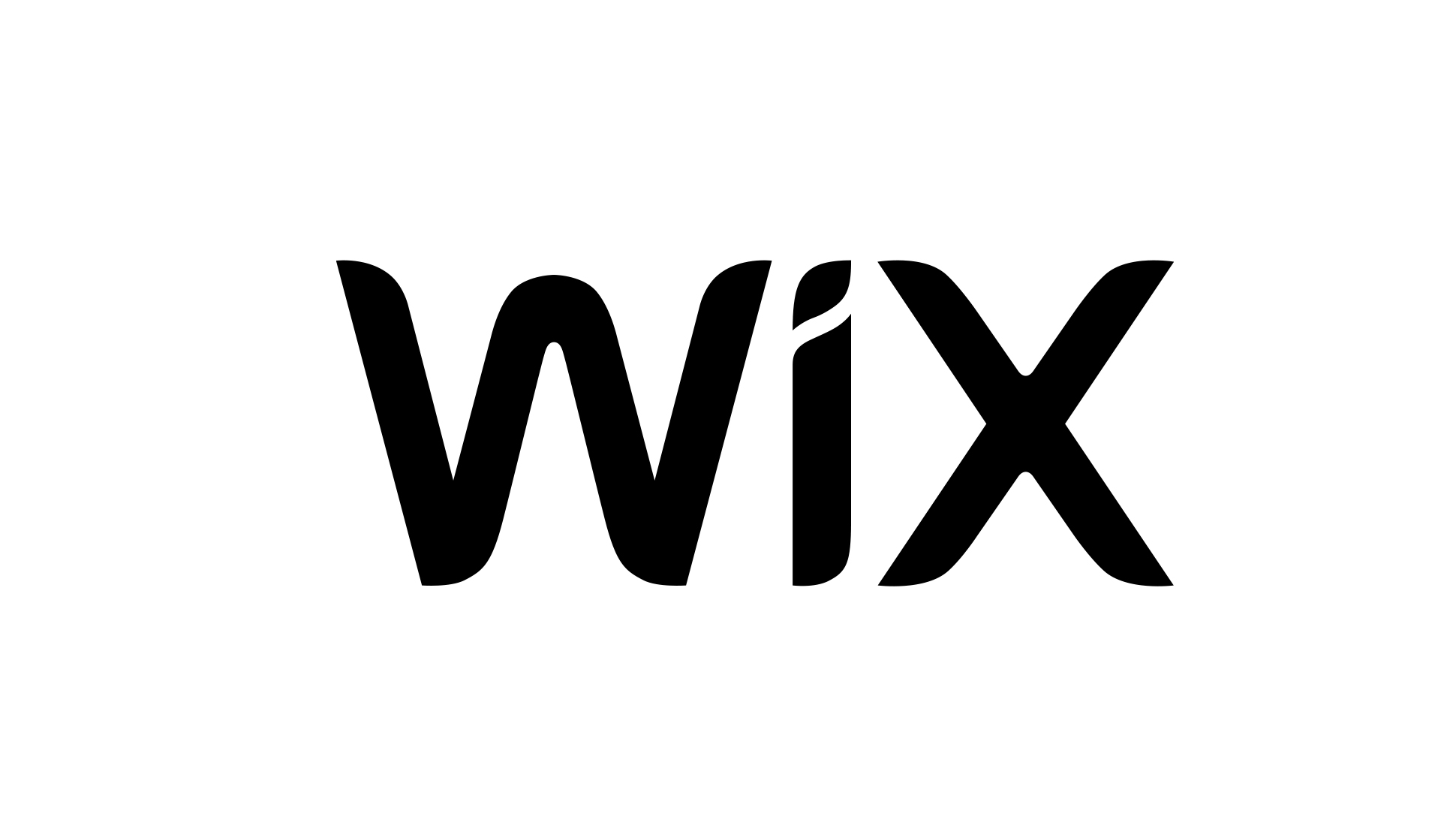
Wix is a very well-known website builder, and is a great option for first-time users because it is very easy to use. You can create a site for free, but for just $4.50 a month, you can include a custom domain, 1GB bandwidth, and 500MB storage—so it’s worth paying for the service. However, it’s important to note that a more business-focused plan will cost more.
The Wix website builder provides two methods for creating a site. You can either let Wix’s ADI (Artificial Design Intelligence) automated builder design one for you based on your requirements, or you can go ahead and design one yourself using the platform’s editor tool. There are hundreds of templates to choose from, and the platform’s drag-and-drop functionality is incredibly simple to master.
Wix sites are very flexible and easy to edit. You can quickly change designs and personalize color schemes and texts. There are countless additional apps and widgets too. One particularly nice feature is the ability to edit the mobile view independently from the main website editor using Wix’s Mobile Editor.
In total, Wix has over 500 pre-designed website templates, so there’s plenty of inspiration available.
Read our detailed Wix review.
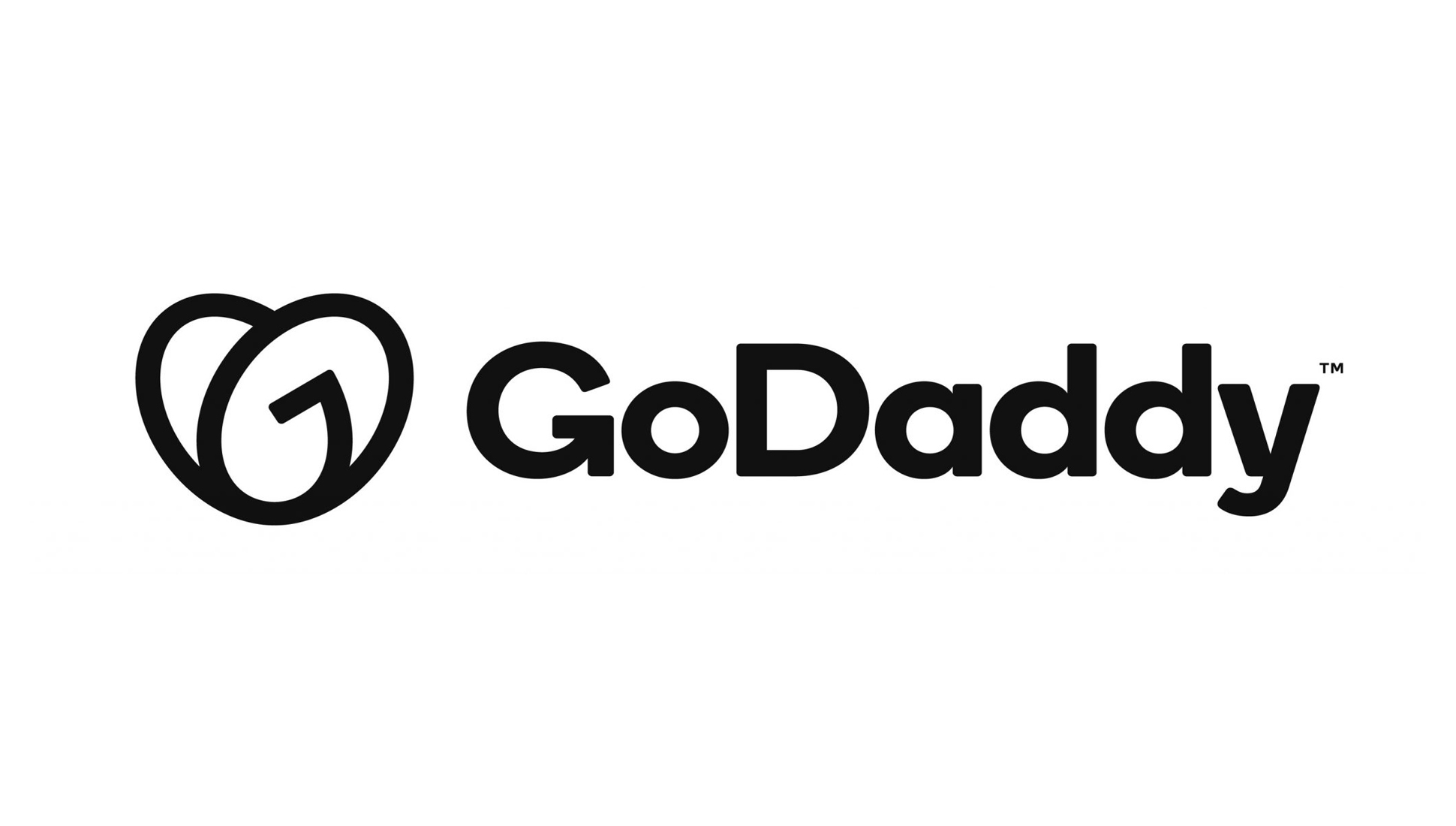
As with some of the other platforms featured, GoDaddy’s website builder starts the building process with a list of questions to determine the type of website you’d like to create. The builder includes customizable themes, drag-and-drop functionality, mobile-responsive designs, and a range of customizable templates to get you started.
It fully integrates your website with social media functions too. This means you can manage everything from one dashboard: a real bonus for marketing. The single dashboard also makes booking management and order tracking far simpler.
GoDaddy InSight is an AI-powered data tool that provides suggestions on how best to grow the reach of your brand online. This clever feature may be slightly too advanced for some users, but do a little digging, and you might find it a very useful tool.
You can create a website for free, but to host your site on GoDaddy basic business plans start at $14.99 a month. This is slightly more expensive than some of the other platforms we’ve reviewed, but you get a lot of extras, including email marketing mailouts to 500 customers, SEO tools, a custom domain, and 24/7 support.
Read our full GoDaddy website builder review and our GoDaddy web hosting review.

Weebly is a very well-known brand, and has been in the website building space for a number of years now. It is highly trusted, favored by millions of users, and over time has fine-tuned its website builder so anyone, regardless of experience, can use it.
Weebly’s price plans start at $6 a month when paid annually, and include a custom domain name, free SSL certificate (a real bonus that will encourage customers to trust your site), SEO tools, a shopping cart with unlimited items, and more.
Like many other builders, Weebly uses drag-and-drop functions to enable users to build websites with ease, and includes some well-designed, customizable themes. The website builder has an image editor, custom font options, video backgrounds, and site search.
In addition, Weebly enables integrated social media marketing and SEO tools. This is particularly useful for those keen to build online shops, as you can track your reach amongst customers and define areas where you can grow your customer base.
Weebly is developed by Square, and long-term, there’s a pivot towards its own ecommerce builder: new customers are already funnelled towards it. Existing Weebly customers will however be supported with features and functionality.
Read our Weebly website builder review.

Zoho is a major internet company with multiple strings to its bow, including business intelligence and analytics tools, CRM software, and sales platforms. It also showcases a very easy-to-use website builder.
Zoho’s Starter pack costs just $4 a month, and includes room for a five-page website, a healthy 10GB monthly bandwidth, 500MB storage, and more. The website builder itself is very straightforward to operate, and you don’t need any design experience to get started.
The website builder uses a feature called Sections that enables you to add specific elements to your site. This is an interesting use of templates, and you can have multiple designs on one page depending on the look and purpose of your websites. There are also over 150 pre-made templates to choose from if you’d prefer to lower your workload.
The builder uses a drag-and-drop mechanism for ease of use. It’s fully customizable, accommodates elements such as lightbox, audio, and video, and enables you to integrate other Zoho apps. This Zoho integration is, in our opinion, a key selling point.
Zoho has a wide range of powerful tools, and to have them all in one place can provide great benefits to your business, particularly if you are already using them.
Read our Zoho Sites review.
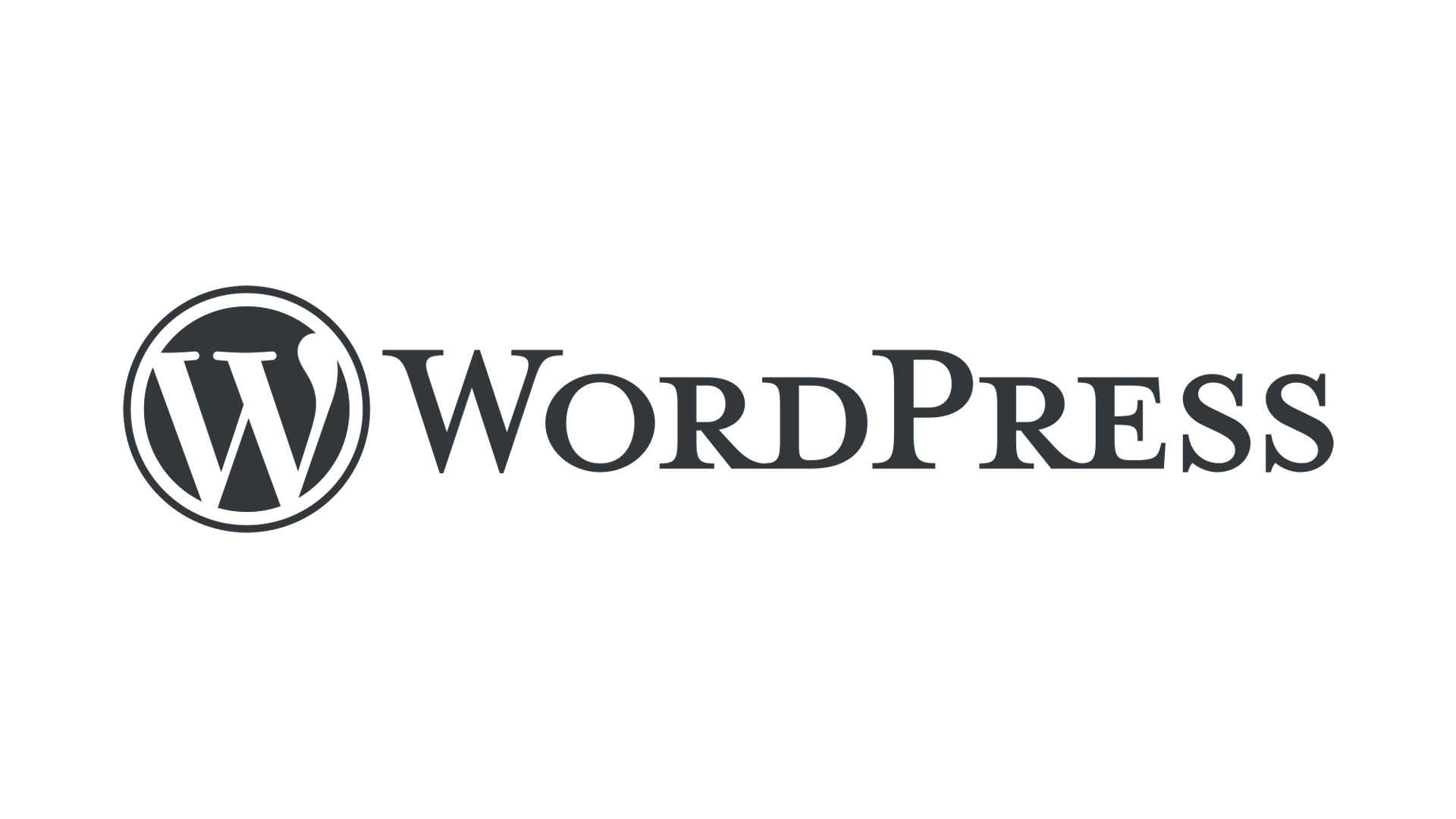
WordPress is so ingrained in the fabric of the internet that there is a whole branch of software development dedicated to it. WordPress is split into two parts, WordPress.com and WordPress.org. WordPress.com is a website builder with inclusive hosting, while WordPress.org is a CMS platform for more advanced web development.
WordPress.com has a free plan, but it’s very limited, and you are stuck with a WordPress.com domain name. If you want to remove branding from your domain name, you’ll need to pay for a plan.
The most basic paid plan starts at $4 a month when billed annually, and includes ad removal, a free custom domain for a year, email support, and the option to collect payments. For $8 a month on an annual billing cycle, you can opt for the Premium plan, which includes a number of premium themes as well as the ability to earn revenue from ads and host video content.
For $25 a month, you can add plugins that enable you to customize the functionality of your site. Meanwhile, a hefty $45 a month gives you full access to the WordPress.com suite, including integration with leading shipping companies.
Read our comprehensive WordPress review.
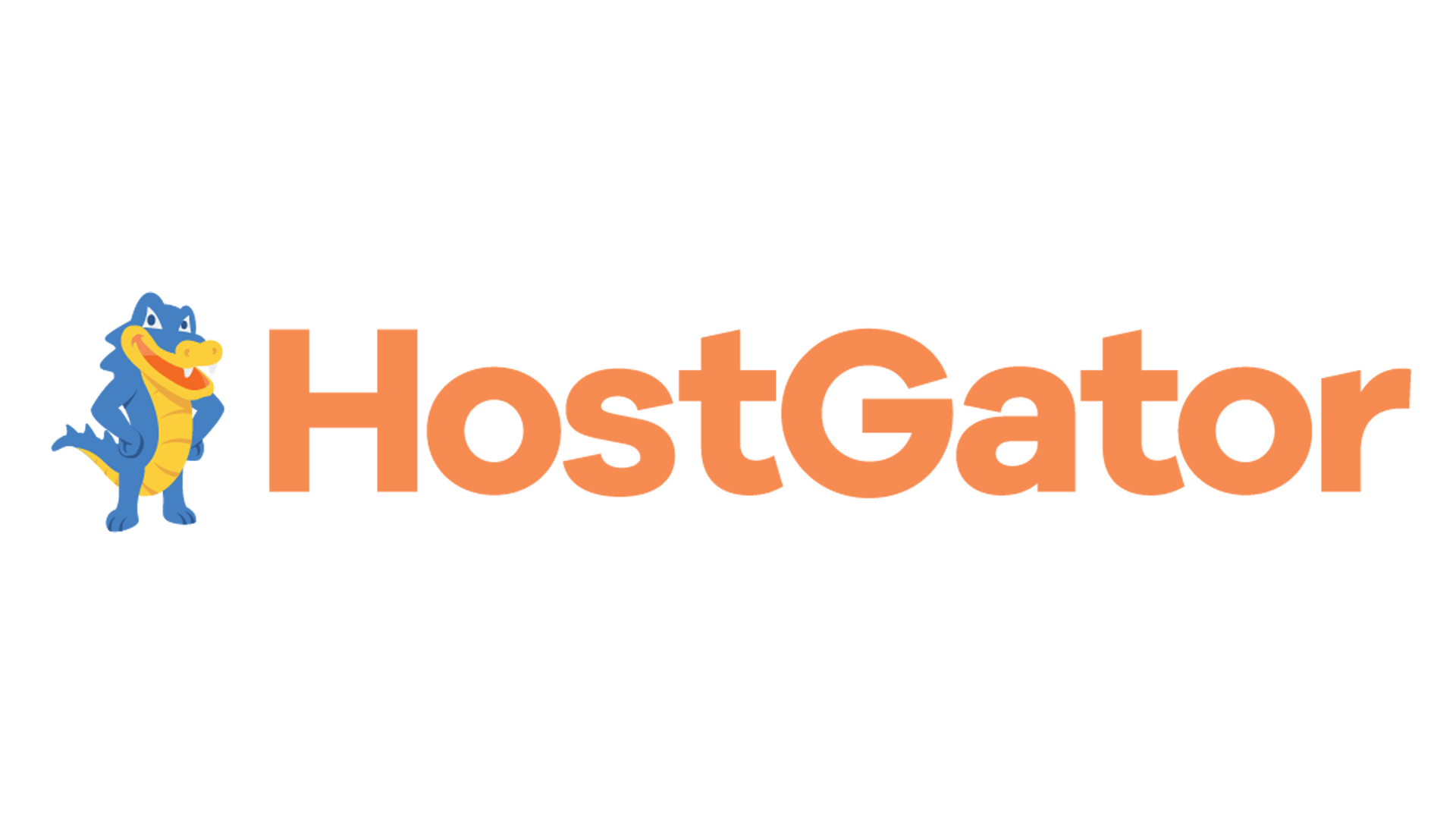
As the name suggests, HostGator is primarily a web hosting site, but it includes a rather powerful – and affordable – website builder. The Gator Website Builder is a comprehensive platform, with three payment options to suit budgets of all sizes.
The cheapest plan costs just $3.84 a month as an introductory offer. This includes access to Gator, a free domain and SSL certificate, three email campaigns per month, and an online store where you can host up to three products.
The website builder is very user-friendly. Using AI, the builder can create a site based on your initial preferences and requirements. There is also a patented LogoMaker, along with other integral features including an image library, SEO tools, and more.
If you do get stuck on anything, HostGator has a range of helpful walkthrough videos and tutorials that enable you to make the most of the platform, and overcome any hurdles you might encounter.
Read our HostGator review focusing on its web hosting services.
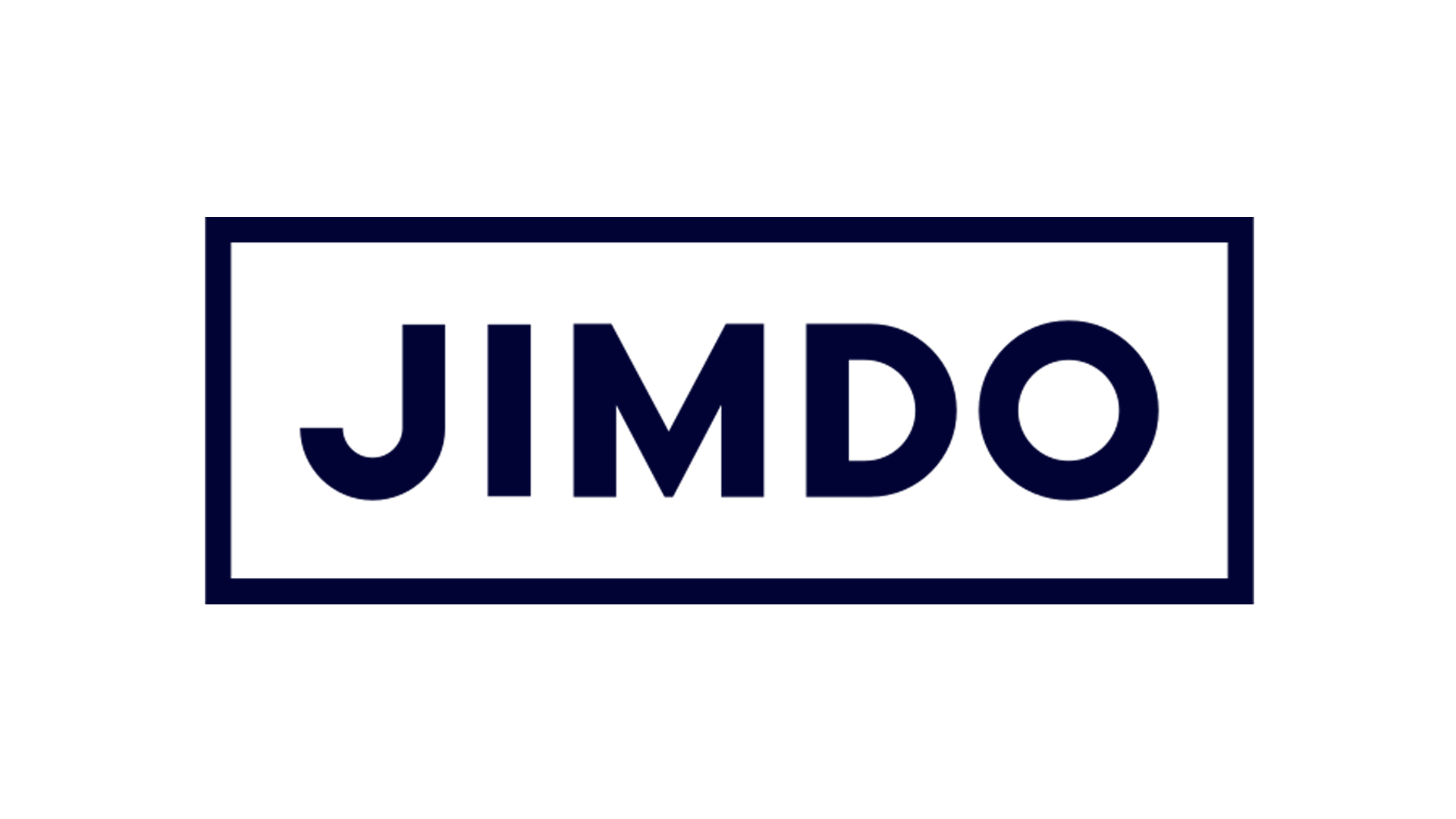
Jimdo is a website builder aimed at small business owners, with industry-focused design templates that make it very quick and simple to start creating a website. Paid plans start at $9 a month, but there is a free option that includes basic features and a jimdosite.com subdomain.
One standout feature of the Jimdo website builder is the option to create auto-updating privacy policy pages using the legal text generator. These pages are automatically GDPR-compliant, and can help you to avoid the fines associated with unintentionally falling foul of the law.
Otherwise, the website builder includes a simple interface for web development, customizable smart designs, automated SEO tools, an image library, and social media integration. Jimdo is very user-friendly, and you don’t need any coding experience to create a clean, responsive website.
Jimdo may be a little too basic for some users, but if you are new to website creation and want a site up and running quickly, it’s a great option.
Read our Jimdo review.
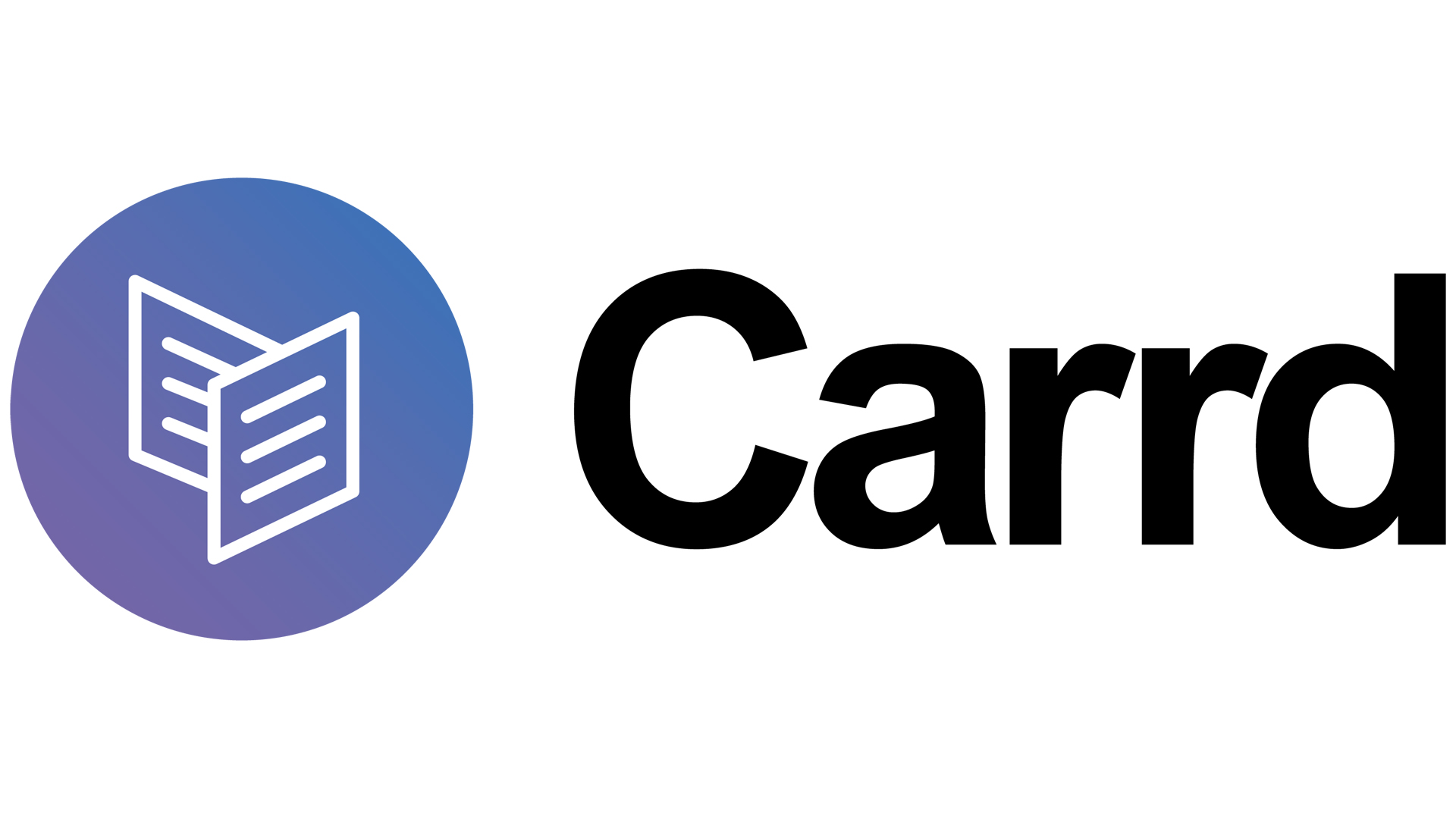
If you don’t require much content on your website and a single page will do, then Carrd is a brilliant option. This simple website builder enables you to create up to three one-page sites per account for free.
However, for just $19 a year, you can upgrade to Pro and benefit from a custom domain, extra sites, analytics tools, and custom code and widgets.
As you might imagine from a one-page website builder, Carrd is very easy to use. The dashboard is intuitive and minimalistic but displays the HTML code as well if you have the experience to work with it. There may only be one page available, but the range of features is impressive. It includes responsive design templates, options for third-party widgets, audio, video, and more.
In many respects, Carrd is a niche website builder, and many users will require more than a single page to maximize their online presence. However, as the website builder is free to use and very quick to master, it’s worth logging on to the site and giving it a try. If nothing more, it could be a good option to create a landing page while your full website is under construction.
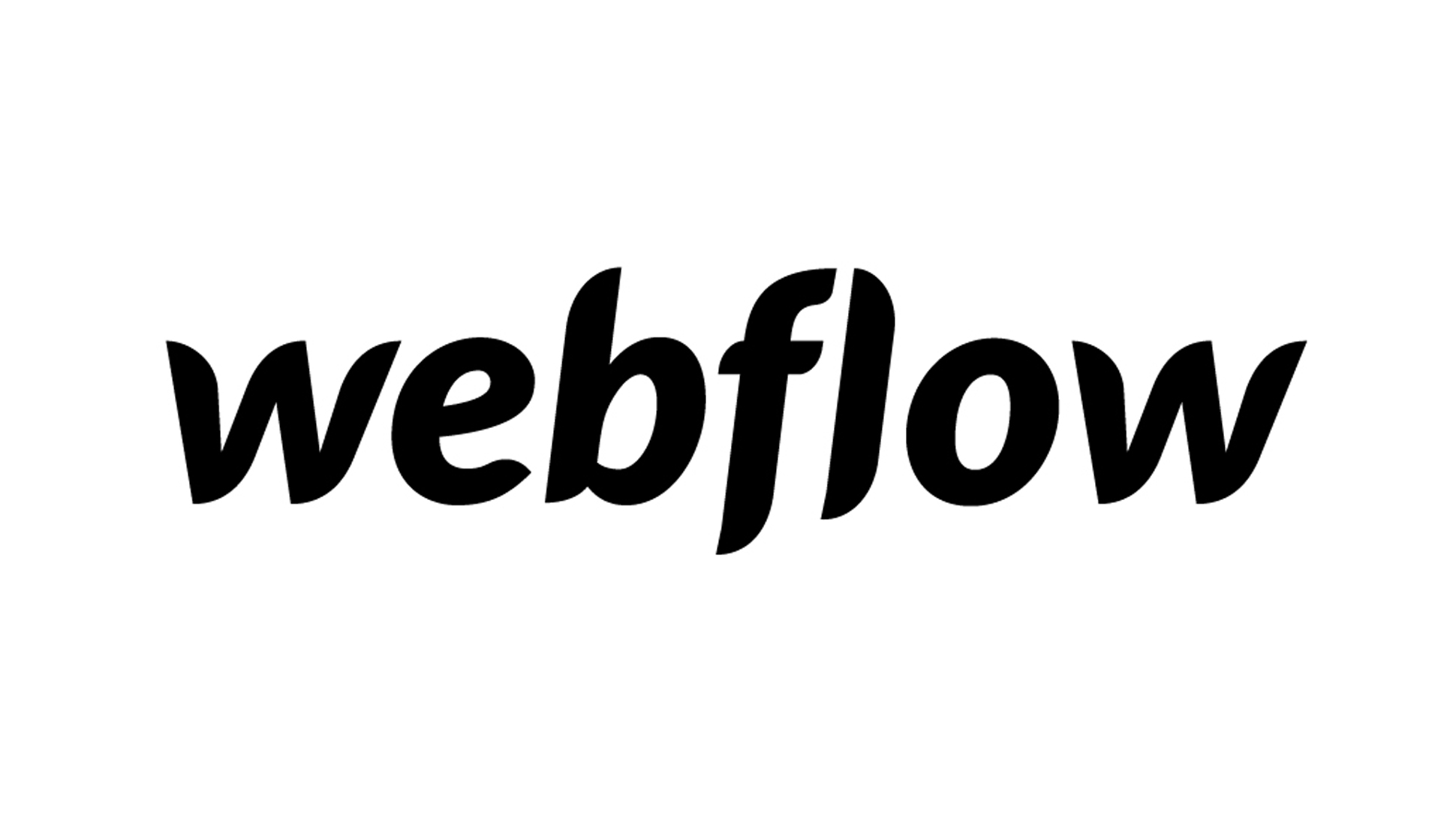
Webflow’s plans start at $12 a month when billed annually, and for this price, you get a lot for your money. The starter plan includes 50GB monthly bandwidth, a 25,000 visitor limit, 500 form submissions, and a custom domain. The website builder itself is exceptional.
Designing a website on Webflow isn’t necessarily an option we’d suggest for novices. The platform uses a visual-based system that enables you to play with HTML5, JavaScript, and CSS3, even if you don’t know how to write the code directly. However, having prior knowledge of what these computing languages enable you to do will help you make the most of the technology.
The website builder interface is more similar to something you’ll find in Adobe’s Photoshop or Illustrator than a standard drag-and-drop builder.
Because you are using code – albeit through a simplified visualization platform, and not just manipulating templates – the resulting website can be extremely fine-tuned. Essentially with Webflow, if you imagine it you can build it. In terms of hosting your site, Webflow uses Amazon Web Services to ensure your website can scale easily and quickly.
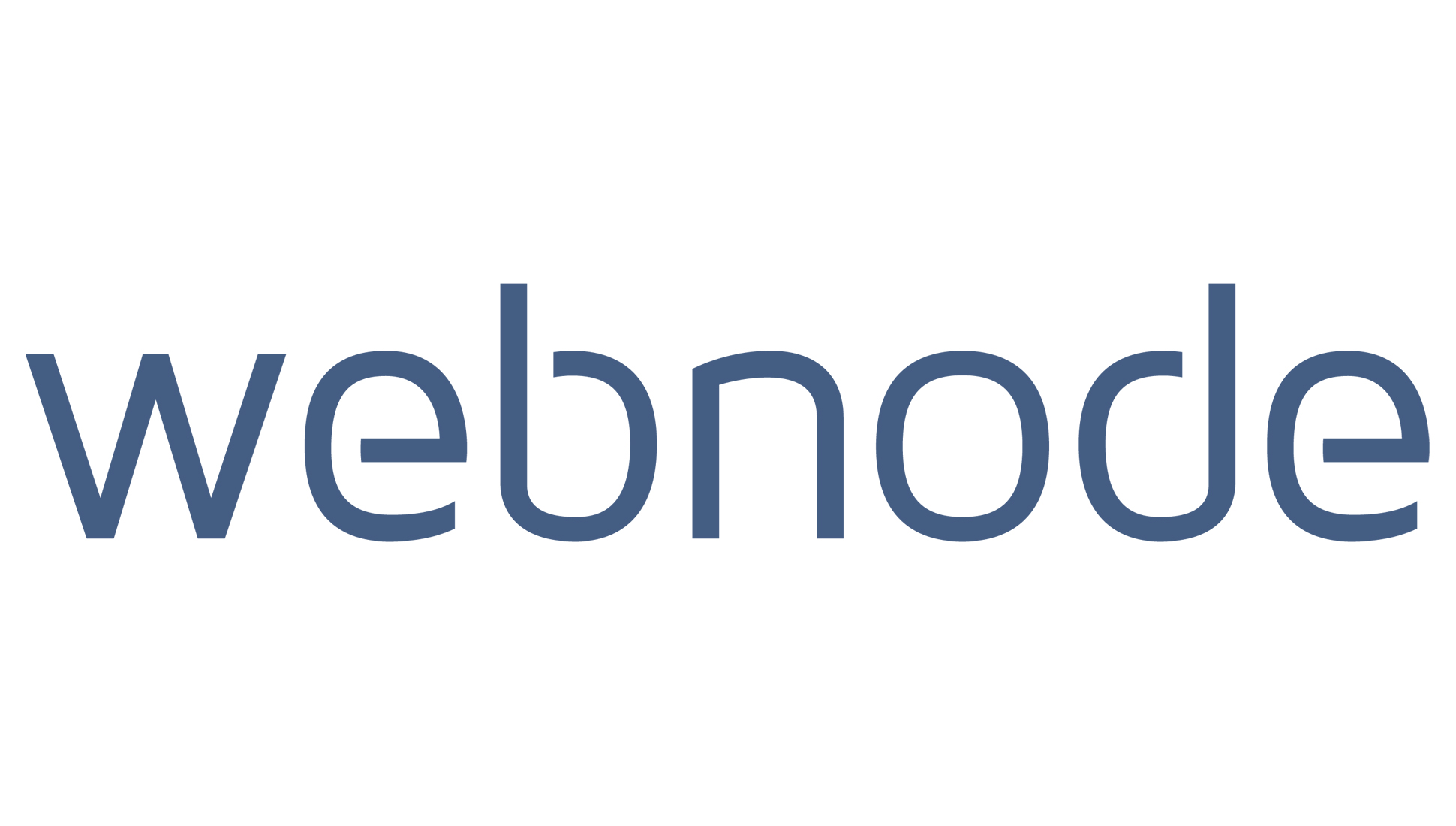
Webnode enables users to create websites for free. In fact, you have to scour the Webnode site to even locate the premium price plans, the most affordable of which is just $3.90 a month.
There aren’t as many templates as you’ll find with many of its competitors’ platforms, but the Webnode website builder still has close to 100 options to choose from. The system is also a drag-and-drop mechanism, so it’s very user-friendly. There are tailor-made options for ecommerce sites too.
Webnode enables users to create and edit websites on the move using a tablet or mobile device. This could be a key selling point for users who wish to update their website regularly, but don’t have the time to sit at a desktop to do so.
It may not be a major player in the website building arena, but we would recommend this platform to users who may be complete novices in the web building space. Although it isn’t particularly feature-heavy, it is remarkably easy to use, and within a few minutes, you’ll have a decent website up and running.
Cheap website builder FAQs
How much do website builders cost?
There’s no one set price for website builders. Plans range from free-forever packages and trials for simple sites, all the way up to monthly or annual subscriptions for advanced, professional platforms. You can expect to pay between $5 to $20 a month for builders for smaller and medium-sized sites; the more expensive plans, at around $30 a month, are usually for ecommerce sites.
Make sure that you keep in mind that additional tools, plugins, and features will and often do cost extra on top of monthly rates. As a result, it’s more than worth your while to do your research, establish what you need and what’s included, set yourself a budget, and plan ahead for any potential scaling up that might be required in future.
Should I use a free website builder?
In our opinion, a premium website builder plan is best for a site that’s intended for ecommerce, marketing, or business use. While you might wonder whether you should choose a free website builder if you’re struggling for budget – and free builders are adequate for simpler sites – you’ll face resource limitations and other obstructions, which you need to bear in mind.
To give you a good example: Wix’s free-forever plan offers access to the entire builder, meaning that you can create a website and not spend a single cent. However, you’ll find that your limitations include Wix ads, an inability to connect a custom domain name, and tight levels of storage and bandwidth.
In essence, when it comes to comparing free website builders vs paid, free builders are often good enough for small personal projects, but you should pay for a premium plan if you’re a business user. It’s worth checking out the best cheap website builder deals however, as you can often find a top service for less.
What you need to know about the best cheap website builders
Website builder comparisons
You don’t have to pay a huge amount to create a professional website. There are many platforms that enable you to make a site from scratch in a matter of minutes.
Depending on your development proficiency, some enable you to create a bespoke site worthy of a design agency without the huge cost associated with web development.
The key is matching cost with quality and finding a happy balance that will give you the product you need at a price you can afford. There are certain things you can’t afford to miss out on when developing a site, so do your research, especially if this is your first website.
How we review the best cheap website builders
Our first step when reviewing website builders is to test the site editor and judge its difficulty level. This means we can tell readers and potential users if it’s suitable for beginners, or designed for developers with site creation experience.
We take advantage of trial access, and comprehensively test out each builder and editor, studying tools and features that might be included, whether they be AI elements or unique plugins that could give the platform advantages over competitors. We trial customer service and support responsiveness and knowledge, because getting quick and knowledgeable support is integral to successful sites, and a given builder’s suitability for customers.
A significant element of any builder is pricing. Here, we establish how payment plans work, as more often than not initial monthly costs increase dramatically after the first term. We also compare builders to one another to give you the best impression of which might be best for you in a competitive market.
Further reading on website builders and web hosting
If you’ve chosen one of the builders featured here, learn how to make a website on Wix, with HostGator’s website builder, with Square Online, with WordPress, and with GoDaddy. Should you go for WordPress, take a look at our list of the top website builders for WordPress, and the best web hosting services (specifically, the best WordPress hosting), which you’ll need to host your site online.
If you’re still confused as to what builders, hosting, and WordPress are and how they differ, take a look at our comparison pitting web hosting vs website builders vs WordPress; it’s also worth seeing what the difference is between web hosting and WordPress hosting, if you take that route.


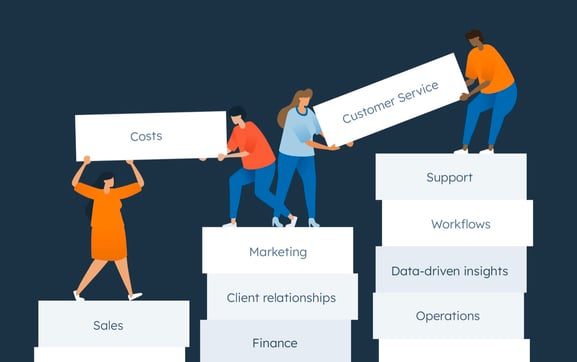


More Stories
WordPress Maintenance: Tips for WordPress Website Maintenance
What Makes a Good Website?
Websites For CPAs & Accountants To Effectively Market Accounting Services